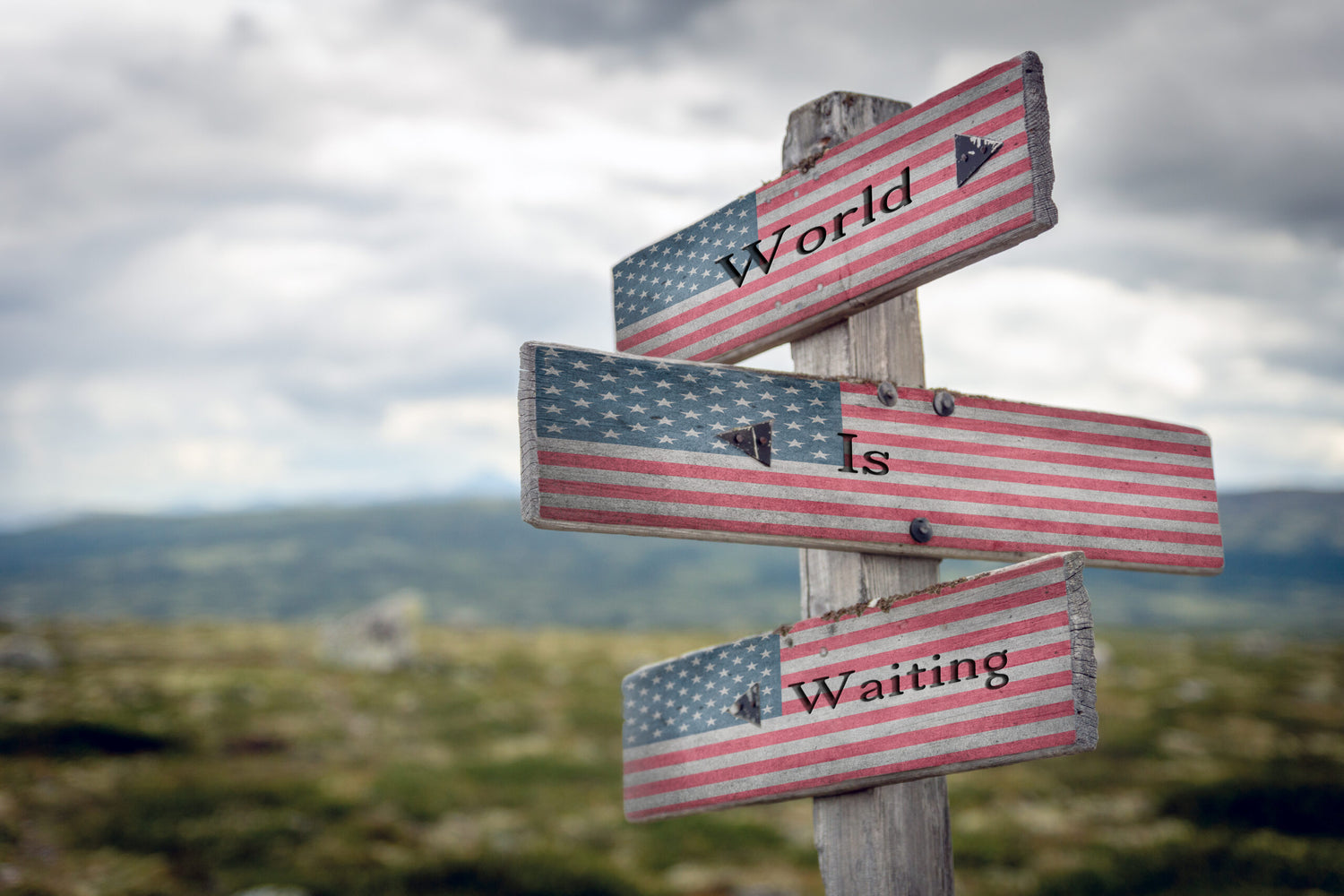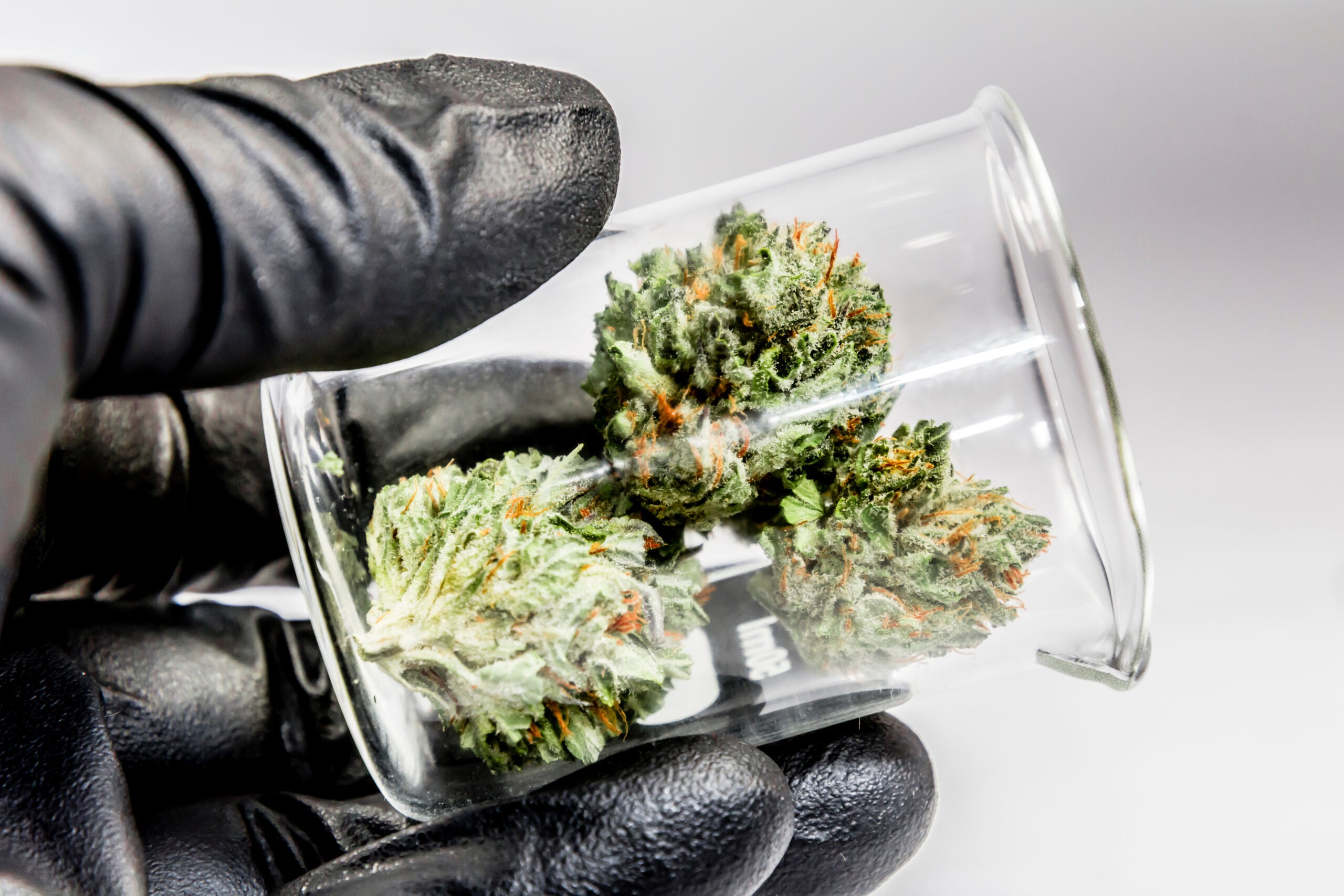Cannabis isn’t going away anytime soon, but there’s little to reflect that in federal laws or even international laws, even with as much progress that’s taken place. Countries like Canada and Mexico have moved forward with recreational legalization, but there’s still a rift among the global community on a common stance surrounding marijuana.
A pair of bipartisan congressional lawmakers are now applying pressure on President Biden to try and amend the international cannabis laws. Per Marijuana Moment, Reps. Nancy Mace (R-SC) and Barbara Lee (D-CA) filed a resolution on Friday urging President Biden to push the UN to remove cannabis from the list of controlled substances in an international drug treaty. Cannabis is currently classified in the global treaty as a Schedule I substance.
Cannabis was initially made illegal as part of the 1961 Single Convention, placing it as Schedule IV — the strictest international drug category. In 2020, the CND approved a proposal to remove cannabis from Schedule IV by setting it as Schedule I. Unfortunately, even with cannabis in a less restrictive classification, it’s created roadblocks for member nations to move forward with plans to legalize cannabis.
The latest resolution stated that the U.S. representative in the CND “should use the voice, vote, and influence of the United States” to delete cannabis from Schedule I completely. The filing also expressed the need to apply pressure on the UN to expunge cannabis-related offenses among prior offenders, which many have urged Biden to do in America, and treat “cannabis as a commodity similar to other agricultural commodities.”
In a press release, Rep. Nancy Mace said that the international community would follow suit if the UN descheduled cannabis from their list of controlled substances. She cited a list of medical benefits for a variety of illnesses. “Descheduling at the UN would support global research into how cannabis can treat a wide range of ailments and conditions,” said Mace, who led a GOP-backed legalization bill.
Rep. Barbara Lee stated a need for change from federal governments among member nations to international laws, calling the current classification of cannabis “outdated” and “out of touch.”
“Scientific research has shown that cannabis has wide-ranging positive effects on chronic illness treatment,” Lee, who serves as the Congressional Cannabis Caucus co-chair, said. “The classification of cannabis as a schedule one drug is outdated, out of touch, and should be addressed not only in the United States, but around the world. The United States should be leading the way on cannabis reform on the global stage, and descheduling at the United Nations would be a great start.”
The latest calls put pressure on Joe Biden to use his position to sway the U.S. representative to take a stronger stance towards international cannabis reform, especially after failing to fully de-schedule cannabis from Schedule I of the Single Convention on Narcotic Drugs of 1961. However, there are concerns that Joe Biden won’t step up due to his resume towards drug laws as a senator and his recent hesitation towards federal legalization. The DEA has referenced the global treaty in their arguments against descheduling cannabis in America. And while there’s been comprehensive support across the nation for legalizing marijuana, Joe Biden hasn’t moved forward with his previous campaign promise to bring cannabis down to Schedule II.
The UN has addressed cannabis legalization more frequently in the past few years. Last year, the UN strongly advised a global ban on cannabis advertising in response to the 2021 World Drug Report. The UN Office on Drugs and Crime determined that young people in areas where cannabis legalization took place are less concerned about the risks of marijuana. However, advocates have regarded the UN drug division’s advice as a positive sign towards widespread legalization. It marked the first time the UN addressed any regulations towards the cannabis industry. Some advocates interpreted the announcement as a promising indication of legalization in the future. The UN acknowledged its popularity while shifting away from prohibition and towards reform.
If the UN finally opens up towards ending the global ban on cannabis, maybe there will soon be a day where it isn’t an international crime to cross borders with an ounce bag in a carry-on bag.














Leave a comment
All comments are moderated before being published.
This site is protected by reCAPTCHA and the Google Privacy Policy and Terms of Service apply.